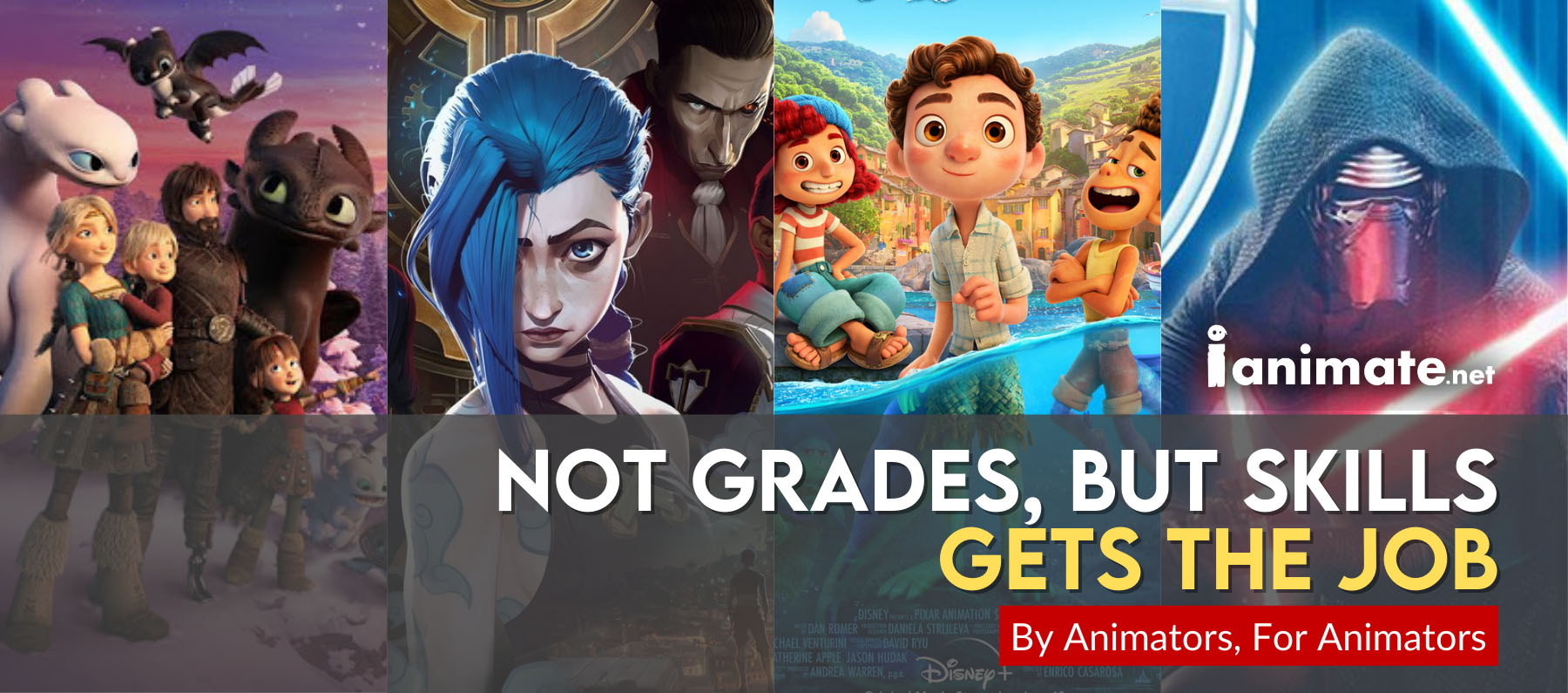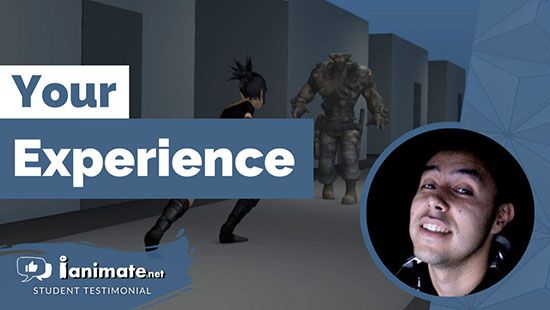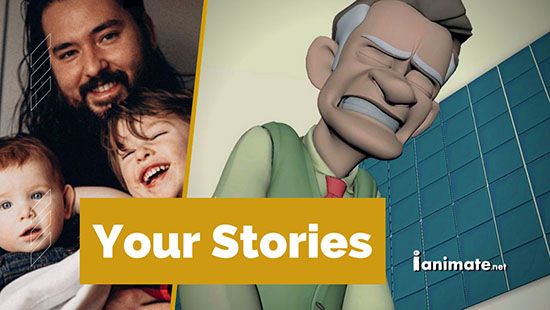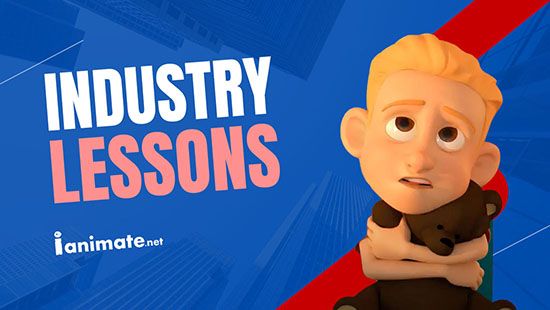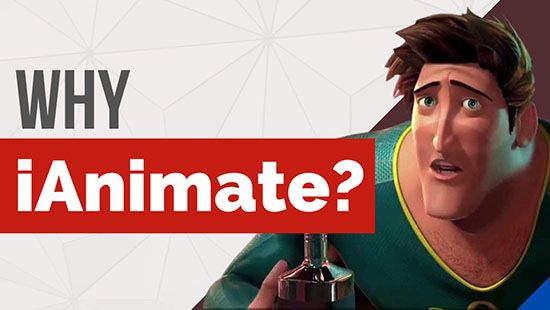How to Become an Animator: A Complete Guide
Article by Richard Arroyo & iAnimate Team
Discover how long it takes to become an animator with our comprehensive guide. Learn the steps, skills, and education needed to start your animation career.
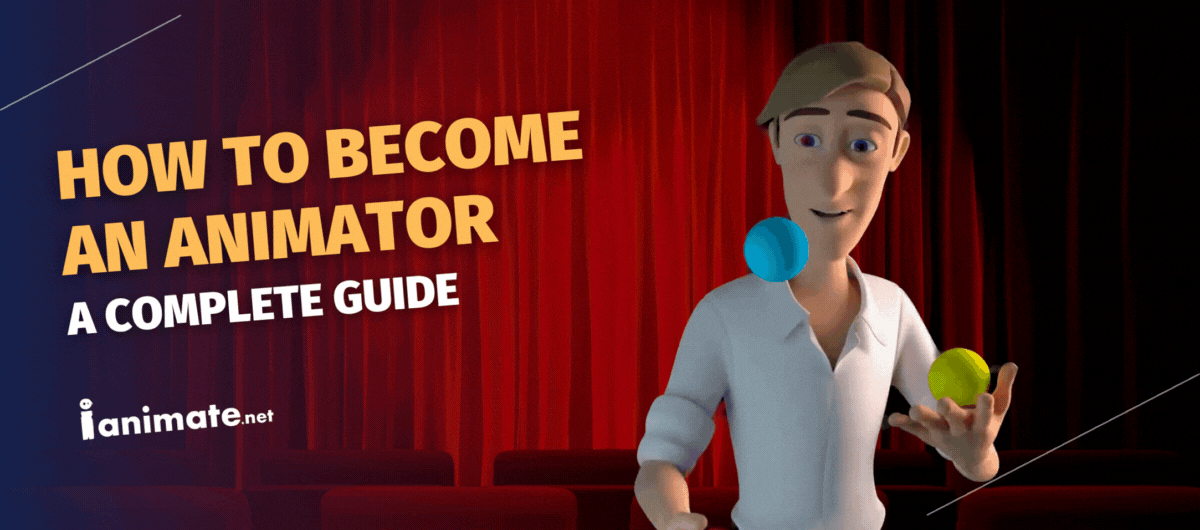
Understanding Animation
What is Animation?
At its core, animation is the process of creating the illusion of movement by displaying a series of images or frames. These frames are designed to follow each other in a way that creates smooth motion, bringing characters and scenes to life.
Different Types of Animation
Animation isn't a one-size-fits-all field. Here are some primary types:
- 2D Animation: This is the classic form of animation that involves creating characters and scenes in a two-dimensional space. Think of hand-drawn cartoons or vector-based graphics.
- 3D Animation: A more modern approach, 3D animation uses computer software to create three-dimensional models. It's widely used in movies, video games, and VR.
- Stop Motion Animation: This involves physically manipulating objects and photographing them one frame at a time. Claymation and puppet animation are common examples.
- Motion Graphics: Often used in multimedia projects, motion graphics are pieces of animation or digital footage that create the illusion of motion, usually combined with audio.
Educational Pathways
High School Preparation
Starting in high school, students can take art and computer science classes to build a foundation. Participating in art clubs or online communities can also provide valuable experience.
College Degrees in Animation
- Associate Degree: Typically takes about two years. This can be a good stepping stone but may limit advanced career opportunities.
- Bachelor’s Degree: Usually takes four years. This is the most common pathway and provides comprehensive training in animation principles and techniques.
- Master’s Degree: This takes an additional two to three years after the bachelor’s degree. This is ideal for those looking to specialize or pursue academic careers.
Online Platforms and Animation Schools
- Online Courses: Online Animation Schools like iAnimate provide the best online animation training taught by industry professionals from Pixar, Dreamworks, Disney, Bungie, and other major studios. Platforms like Coursera, Udemy, and Khan Academy offer courses in animation, which can be completed at your own pace.
- Bootcamps and Workshops: Intensive programs that can last from a few weeks to several months. These are great for focused learning on specific animation techniques or software. iAnimate workshops benefit students by having a rockstar Demo Reel with a timeline of 11 weeks to 18 months compared to traditional art schools.
Skills Development
Essential Skills for Animators
- Artistic Skills: Drawing, storyboarding, and an understanding of color theory are crucial.
Technical Skills: Knowledge of animation software and tools. - Soft Skills: Communication, teamwork, and time management are equally important.
Software Proficience
Adobe Creative Suite: Industry standard for 2D animation and motion graphics.
Maya: Widely used for 3D animation.
Blender: An open-source alternative for 3D modeling and animation.
Toon Boom Harmony: Popular for 2D animation, especially in TV shows.
Building a Rockstar Demo Reel
A strong portfolio and demo reel is your ticket to getting noticed. It should showcase your best work, demonstrate a variety of skills, and reflect your personal style.
What to Include in Your Portfolio
- A variety of projects showcasing different techniques.
- Personal projects that reflect your creativity.
- Professional work, if available.
Tips for Creating an Impressive Portfolio
- Keep it updated with your latest work.
- Tailor it to the job you’re applying for.
- Include a demo reel if possible.
Gaining Experience
Internships
Internships provide hands-on experience and are often a gateway to full-time employment. They allow you to learn from professionals and understand the workflow in a studio environment.
Freelancing
Freelancing can be a great way to build your portfolio and gain experience. It also allows you to work on a variety of projects and clients.
Entry-Level Positions
Starting as a junior animator or in another entry-level role can help you get your foot in the door. These positions often provide on-the-job training and opportunities for advancement.
Networking in the Animation Industry
Importance of Networking
Networking can open doors to job opportunities, collaborations, and mentorships. It's essential for career growth and staying informed about industry trends.
How to Network Effectively
- Attend industry events and conferences.
- Join online forums, animation podcasts, and social media groups.
- Reach out to professionals for informational interviews.
Joining Animation Communities
Being part of an animation community can provide support, feedback, and inspiration. Communities like iAnimate are great places to start.
Job Search and Application Process
Where to Find Job Openings
Job boards like Indeed, Glassdoor, and LinkedIn often list animation jobs. Specialized sites like Animation Jobs and CreativeHeads are also useful.
Preparing Your Resume and Cover Letter
Your resume should highlight your skills, education, and experience. The cover letter should be tailored to each job, showcasing your passion and fit for the role.
Tips for a Successful Job Interview
- Research the company beforehand.
- Prepare to discuss your portfolio in detail.
- Practice common interview questions.
Career Advancement
Entry-Level Roles
- Junior Animator
- Production Assistant
Mid-Level Positions
- Animator
- Character Designer
Senior Roles
- Lead Animator
- Animation Director
Specializations Within Animation
- Character Animation
- Environmental Animation
- Visual Effects (VFX)
Continuous Learning and Improvement
Staying Updated with Industry Trends
The animation industry is constantly evolving. Keeping up with the latest trends, tools, and techniques is crucial for staying competitive.
Attending Workshops and Conferences
Events like SIGGRAPH and Annecy International Animated Film Festival offer learning opportunities and networking with industry leaders.
Engaging in Personal Projects
Personal projects allow you to experiment and develop your style. They can also be a great addition to your portfolio.
Challenges in Becoming an Animator
Common Obstacles
- High competition
- Rapid technological changes
- Creative blocks
How to Overcome Them
- Continuous learning
- Seeking feedback and mentorship
- Staying motivated and persistent
Success Stories
Notable Animators and Their Journeys
- Walt Disney: From a small animation studio to creating a global entertainment empire.
- Hayao Miyazaki: A master of storytelling and animation with Studio Ghibli.
Lessons to Learn from Their Experiences
- Perseverance and passion are key.
- Innovation and creativity can set you apart.
Work-Life Balance
Managing Work and Personal Life
Balancing work and personal life can be challenging in the animation industry. Setting boundaries and managing time effectively is crucial.
Avoiding Burnout
- Take breaks and vacations.
- Engage in hobbies and activities outside of work.
- Seek support when needed.
Conclusion
Becoming an animator is a rewarding journey that demands dedication, skill development, and continuous learning. Depending on the path you choose, it can take anywhere from two to six years to become proficient. An associate degree takes about two years, while a bachelor’s degree typically takes four years. For those pursuing a master’s degree, you might be looking at an additional two to three years. However, a formal degree is not a necessity to become an animator. There are alternative learning resources and platforms like iAnimate, which offers some of the best online animation training available, providing a clearer and more flexible route to becoming an animator.
For students and parents exploring this career path, know that passion and persistence are your greatest allies. Whether you follow a traditional educational route or opt for online courses and workshops, the key is to keep creating, learning, and staying inspired. Animation is a field bursting with opportunities for creativity and innovation, and your unique voice and vision are what will set you apart. So, take that leap, embrace the journey, and let your imagination bring characters and stories to life. Your dream of becoming an animator is within reach.
FAQs
What is the average salary for an animator?
The average salary for an animator varies widely depending on experience, location, and the type of animation. Entry-level animators can expect to earn between $40,000 to $60,000 per year, while experienced animators and directors can earn upwards of $100,000 annually.
Can I become an animator without a degree?
Yes, it's possible to become an animator without a formal degree. Many animators are self-taught or have completed alternative education programs like iAnimate's Online workshops. A strong portfolio and relevant skills are often more important than a degree.
How important is a portfolio in getting a job as an animator?
A portfolio is crucial for getting a job in animation. It showcases your skills, creativity, and style to potential employers. A well-curated portfolio can set you apart from other candidates and demonstrate your ability to handle different animation tasks.
What are the best schools for animation?
Some of the schools for animation include:
- California Institute of the Arts (CalArts)
- Ringling College of Art and Design
- Savannah College of Art and Design (SCAD)
- School of Visual Arts (SVA)
- Gobelins, l'école de l'image (France)
- iAnimate (Online Animation School)
How do I stay motivated while learning animation?
Staying motivated can be challenging, but setting clear goals, seeking feedback, joining animation communities, and working on personal projects can help maintain your enthusiasm and drive.
